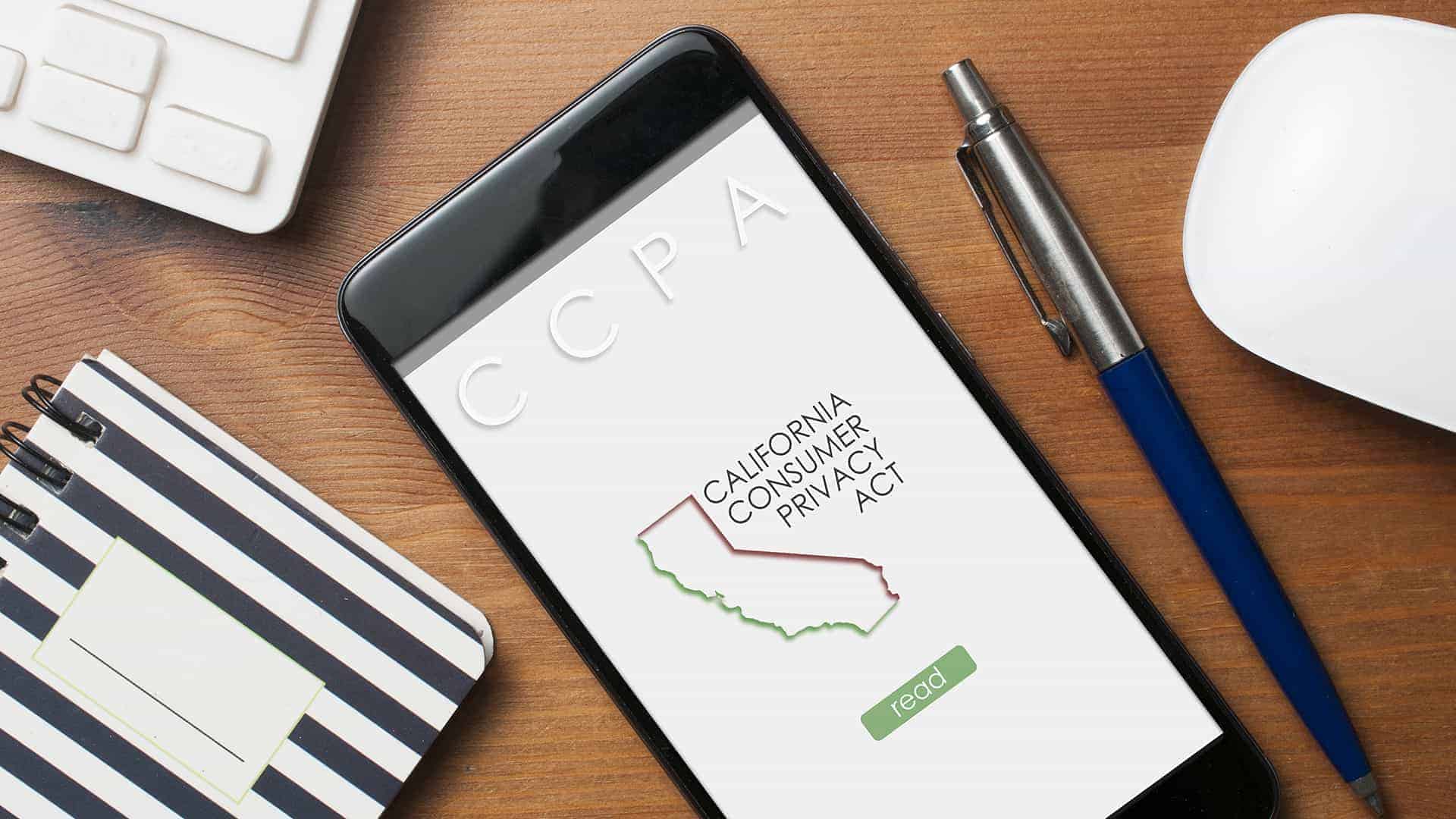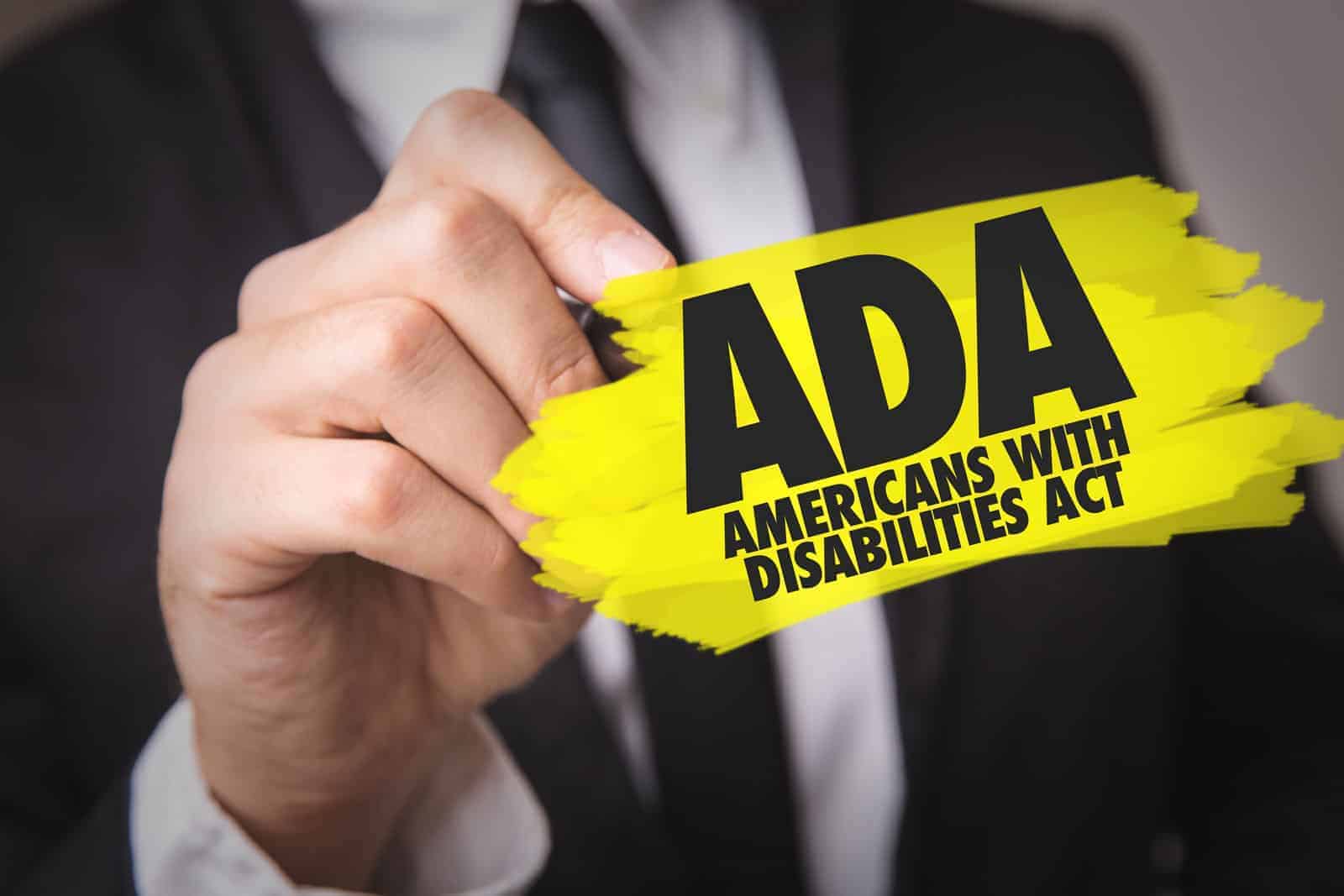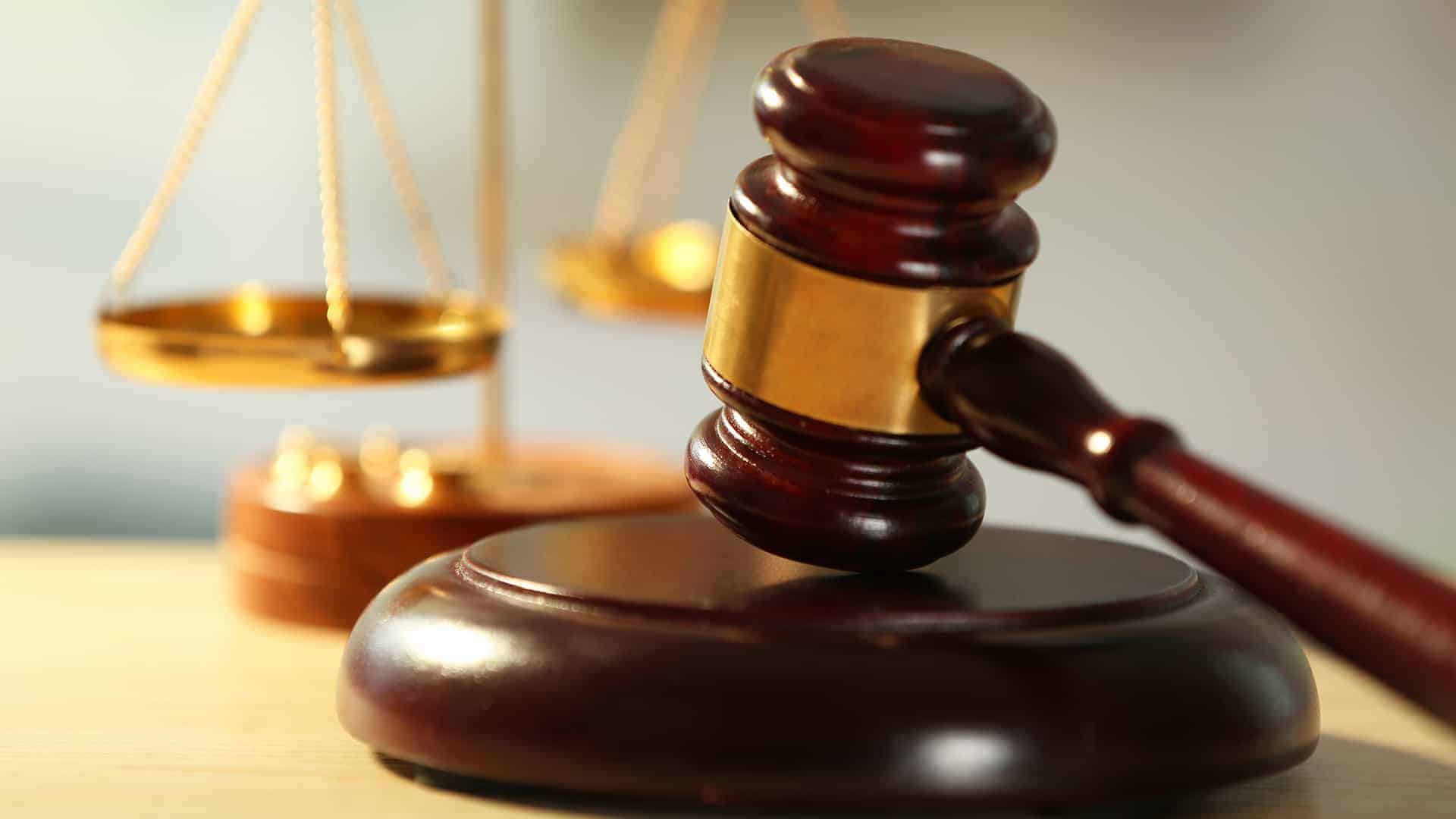
“Stopping Bad Robocalls Act” Revision Unveiled with Bipartisan Support
June 20, 2019- Today the House Energy and Commerce Committee introduced a revised version of the “Stopping Bad Robocalls Act”. The Act was originally introduced in 2018 and re-introduced in February 2019 after Representative Pallone (D-NJ) became Chair of the Committee.
This revised version follows in the wake of the Federal Communications Commission’s (FCC) decision to allow telephone providers to block, by default, calls to customers that the providers deem to be unlawful or unwanted robocalls.
If passed, the revised version would amend the Telephone Consumer Protection Act as follows:
- Require within six months from passage that the FCC prescribe regulations, or amend existing regulations, as necessary to clarify the definition of an “automatic telephone dialing system” (ATDS) to effectuate the “consumer protection and privacy purposes” of the TCPA.
- Direct the FCC to adopt regulations that “in the judgment of the Commission” ensure that consumers can withdraw consent for calls and text messages sent using an ATDS or an artificial or prerecorded voice.
- Direct the FCC to report to Congress within one year its progress on implementing a reassigned number database.
- Expand the definition of “called party” to include not only “the current subscriber of the telephone number to which the call is made” but also “the customary user of the telephone number to which the call is made,” seemingly in order to consider the use of shared phones and family plans.
- Mandate that call authentication technology be implemented by most voice carriers within six months of the Commission adopting new rules in its on-going rulemaking proceeding wherein it is considering implementation of a SHAKEN/STIR framework.
- Require the FCC to ensure that call blocking by default services are provided with “transparency” and a no-cost means of “redress” for callers who are arbitrarily blocked.
All indications are that the revised bill will move quickly through committee and to the House floor for a vote. If passed, it will go to Conference Committee, for reconciliation with the TRACED ACT, passed in May by the Senate.
With the ever-changing nature of significant legal implications, M&S recommends that you seek the advice of experienced counsel when facing changes in the law.
This article courtesy of Mac Murray & Shuster’s TCPA Monitor Blog and was written by Michele Shuster (with a contribution by Kayley Lew).






